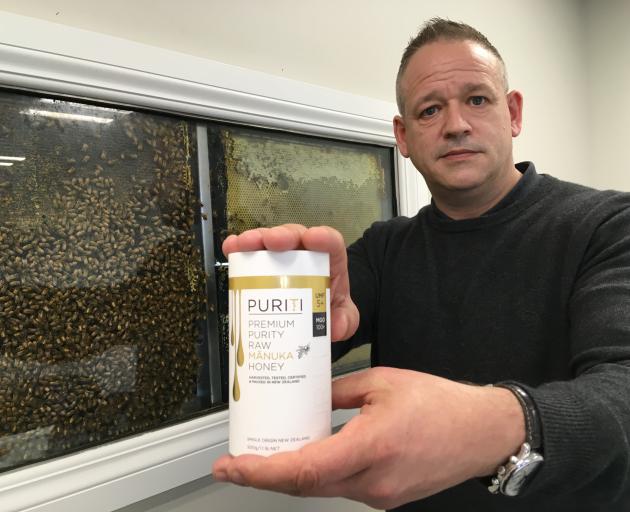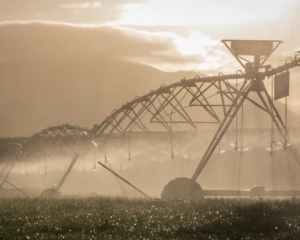
Regional Economic Development (RED) Ministers have recently approved, in principle, $5.7million, which will come from Provincial Growth Fund (PGF) funding, for New Zealand manuka honey producers, including Maori.
A spokeswoman for Regional Economic Development Minister Shane Jones said the PGF funding, once finalised, would go to the Manuka Honey Appellation Society (MHAS).
While the majority of the funding was a grant for scientific research, stakeholder engagement and consultation, the remainder was being negotiated as ''a commercially equivalent loan to assist with intellectual property protection for the term manuka honey for the benefit of all New Zealand producers''.
Midlands Apiaries international brand manager Adam Boot said it was great news for the industry.
''The announcement is hugely positive. The size of the grant would appear to be sufficient to get the job done,'' he said.
A research component will also form part of the overarching programme of activity as a way of advancing the understanding and distinctiveness of manuka honey.
''A positive outcome for New Zealand would be a positive outcome for the consumer,'' Mr Boot said.
''The consumer would always know that the manuka they purchase is the real deal - exactly the same security you get when purchasing Champagne. You know it comes from France.''
Midlands, an Ashburton-based company, had already invested heavily in keeping its own manuka honey brands protected with stringent testing and packaging to prevent others copying their product.
''Australia, I am sure, will sure will dispute the manuka claim but I also believe several South American countries and possible Canada have also been looking to capitalise on the manuka success story.''
Mr Boot said regardless of what might be claimed, honey from the Australian jelly bush or tea tree (of which the country has more than 80 varieties) neither looked, smelled nor tasted like genuine manuka honey and was more like molasses.
''It is important that consumers are protected and do not get duped by substitute product.
''I believe New Zealand will be successful on the basis of some applied common sense and good science.
''I do not think you can dispute that manuka is a Maori word and its provenance is uniquely New Zealand.''
He said success would help protect the industry and the huge investment by New Zealand industry to both explore the science and develop a global market.
Apiculture New Zealand chief executive Karin Kos agreed.
''The funding is critical in realising the benefits of comprehensive protection of New Zealand manuka honey primarily for consumers and producers, and also in how it will deliver wider economic and regional benefits for communities and iwi throughout New Zealand,'' she said.
''The Provincial Growth Fund provides a structured approach to bringing together industry, iwi and Government and that will support the implementation of the best available science, as well as ensuring protection of the term.''
This was a big step in the right direction and welcome news for New Zealand beekeepers as it helped secure a strong platform to generate long-term value for our industry and provide stability for the future, Ms Kos said.
New Zealand exported $350million of honey with the potential to grow into a billion-dollar industry over time.
''We know the journey to establish protection of the term in international markets is a long one, but this announcement consolidates a collaborative Government and industry approach that is needed to ensure we realise the potential of the manuka honey industry,'' she said.














